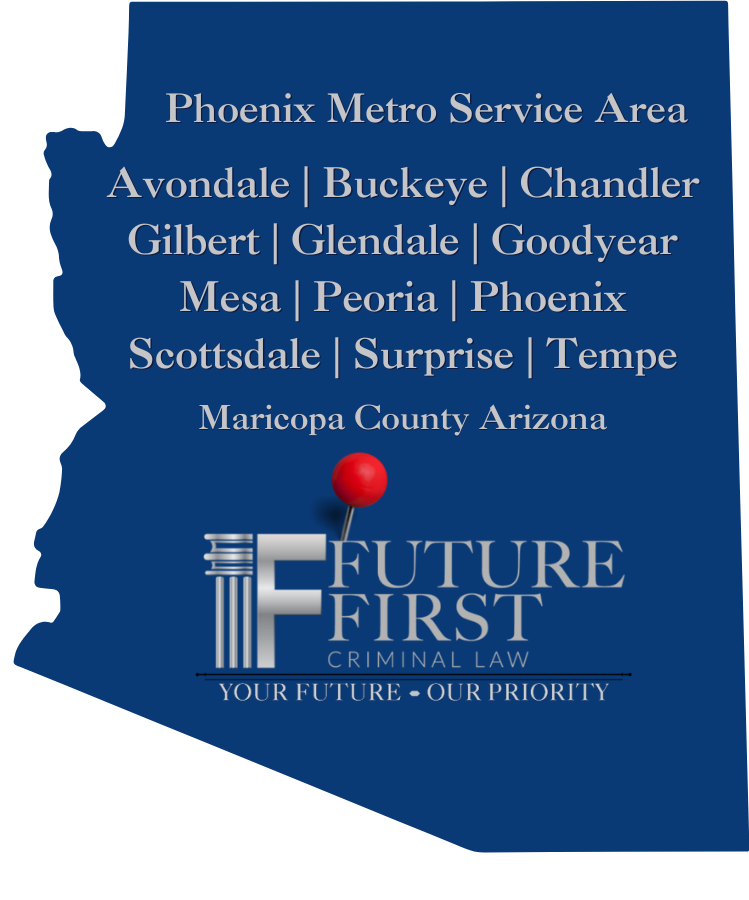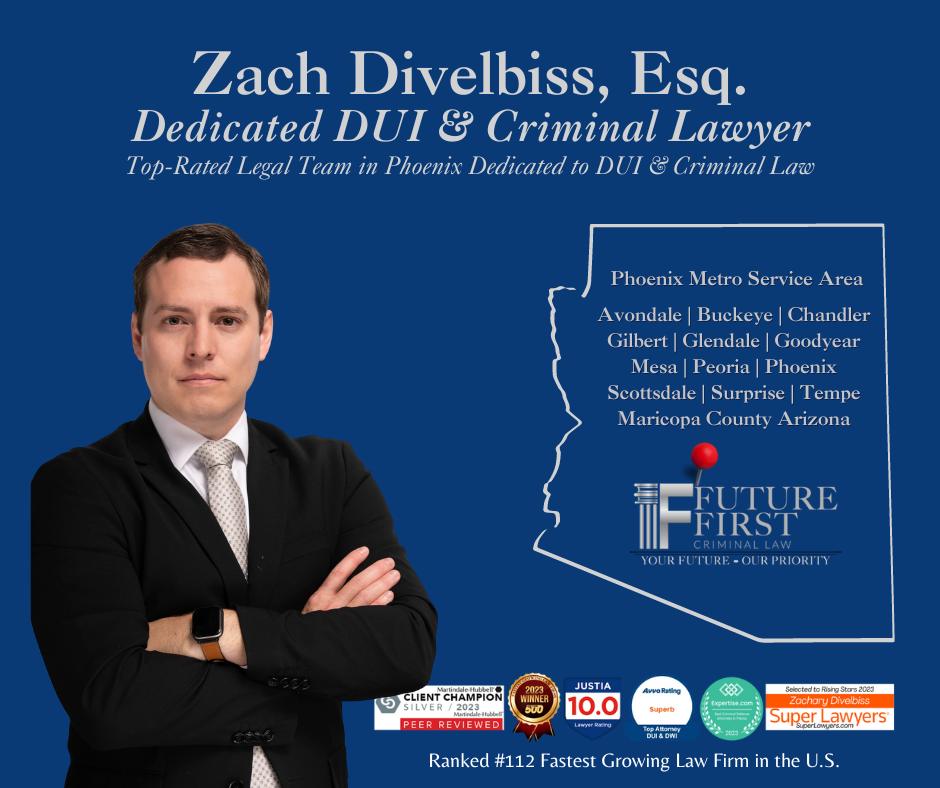Request PDF Version Here
7 Tips for Dealing With Police
1. ALWAYS BE POLITE
Law enforcement officials have a difficult, dangerous, and stressful job. While some may be rude and overly aggressive, most officers will be fair and courteous to you as long as you are respectful of them and the work they have to do. Addressing officers as, “Sir” or, “Ma’am,” and using terms like, “please” and, “thank you” can really go a long way. Statements such as, “I pay your salary” are never helpful and can only serve to escalate the situation.
2. NEVER FLEE
If an officer commands you to stop, either on the road or on foot, stop. You should never engage in headlong flight. Not only is fleeing from law enforcement a criminal act, it can also be used as “consciousness of guilt” evidence in a subsequent prosecution for a separate offense.
3. CLARIFY THE NATURE OF THE ENCOUNTER
There are basically three types of police encounters: arrest based on probable cause; detention based on reasonable suspicion; and consensual contact. When approached by a police officer it is critically important to ascertain the nature of the encounter. Ask the officer, “Am I free to leave?” If the answer is yes, politely remove yourself from the situation immediately. If the answer is no, ask, “Am I under arrest?” If the answer to this question is no, do not leave, but remain alert and be prepared to invoke your rights (e.g., your right to remain silent; your right to be free from unreasonable searches).
4. BE ASSERTIVE
Most people become extremely nervous around law enforcement officers and are uncomfortable invoking their legal rights. However, if you don’t assert your rights, you may effectively “waive” or surrender those rights and lose the protections afforded to you by the Constitution. Police officers are trained to coax citizens into abandoning their constitutional protections. A good rule of thumb is to follow police commands, but deny police requests.
5. NEVER CONSENT TO A SEARCH
The Fourth Amendment to the Constitution protects citizens from unreasonable searches and seizures. Warrantless searches are deemed unreasonable, but there are many exceptions to the warrant requirement. One method officers have of getting around the warrant requirement is to solicit consent to search from suspects themselves. During a traffic stop, for example, an officer may ask, “You don’t have anything illegal in the car do you?” A typical response is, “No, of course not, officer.” The officer will then say, “So you won’t mind if I look around then, right?” This is a trick. Don’t fall for it. Confidently state, “I do not wish to have my privacy invaded. I would just like to be on my way.” If the officer continues to request permission to search, make it absolutely clear that you will not consent to a search of any kind without a warrant. If the officer is asking for your consent, it is likely that he has no other legal grounds to conduct a warrantless search. Do not give in to the officer’s attempts to get you to relinquish your rights.
6. REMAIN SILENT
You have a Fifth Amendment right against self-incrimination, and you are under no obligation to speak with police officers about a pending investigation. Anything you say to police officers, even if you are perfectly innocent, can and will be used against you. Officers and prosecutors are experts at twisting innocent statements around and lifting them out of context to make you look suspicious. If you are stopped by the police, you should answer standard identification questions, but do not make small talk or offer other unsolicited information. If you are taken into custody and questioned by law enforcement officers, assert your rights. Say, “I do not wish to talk or answer questions. I want a lawyer.” Then, stop talking. Never make any statements to investigators outside of the presence of an experienced criminal defense lawyer.
7. FIGHT POLICE VIOLATIONS IN THE COURTROOM, NEVER IN THE STREETS
If you believe that a law enforcement officer has violated your rights – by stopping your vehicle without reasonable suspicion; or conducting an unlawful search of your person, car, home or property; or by using unnecessary force – do not engage with the officer at the scene. Contact an experienced criminal defense lawyer who can assess your situation and protect your rights.
Top-Rated Legal Team Dedicated to DUI and Criminal Law
Positively Impacting Lives Through Effective Legal Advocacy - One Case At A Time!
At Future First Criminal Law, we believe everyone deserves a second chance. That’s why we provide strong, strategic DUI and criminal defense representation, setting ourselves apart as a trusted choice in the Phoenix area.
Our approach is simple but impactful: by focusing on a select number of clients, we ensure each case receives the personalized attention it deserves. We take the time to understand the unique details of your situation, because no two cases are the same.
We know what’s at stake. Our dedicated team works tirelessly to craft tailored defense strategies that protect your rights and safeguard your future. From leveling the playing field in the courtroom to guiding you through every step of the legal process, our goal is clear: to help you avoid incarceration and move forward with confidence.
At Future First Criminal Law, we’re more than your legal advocates—we’re your partners in navigating the complexities of the justice system, empowering you to achieve the best possible outcome.


